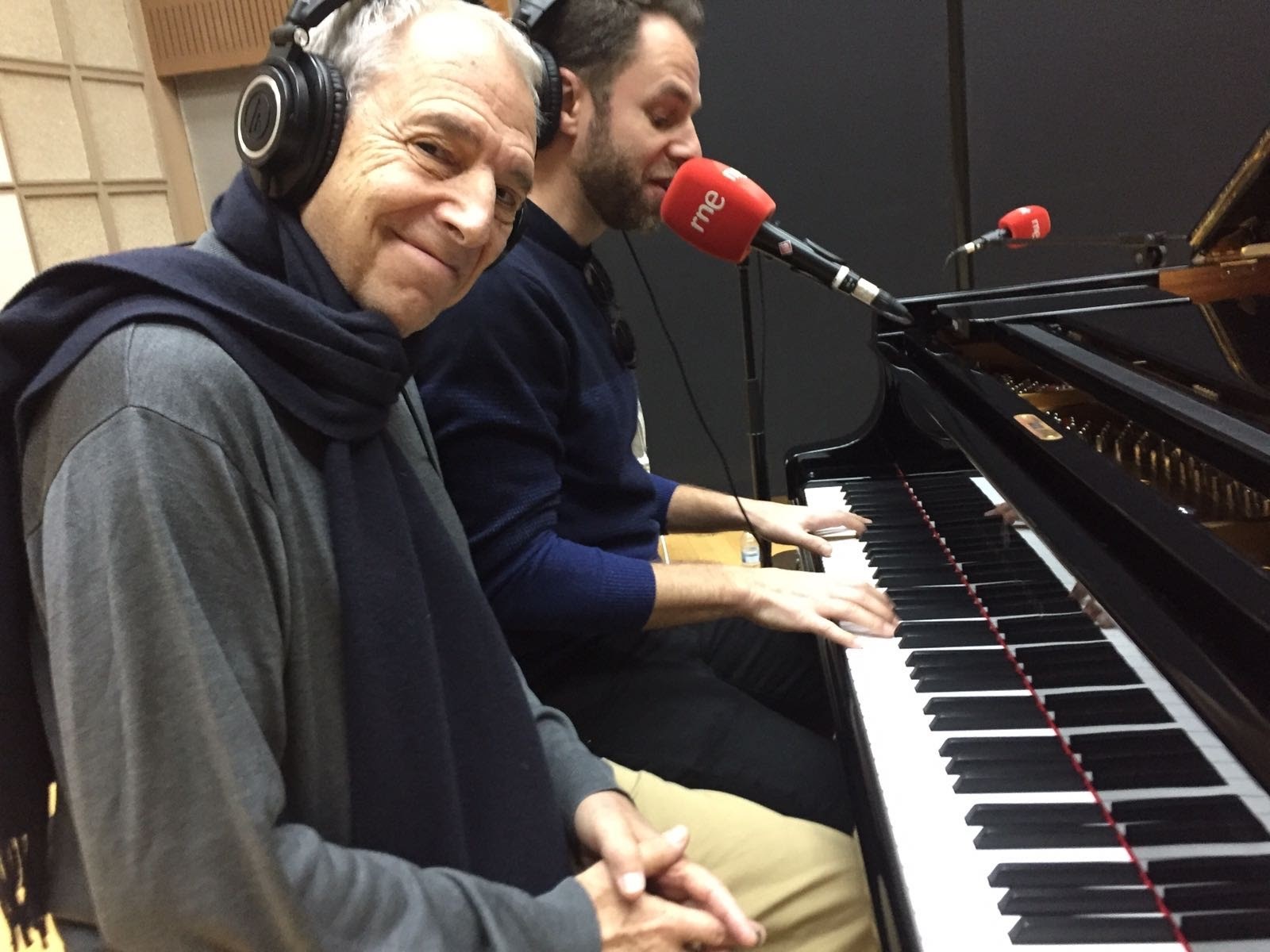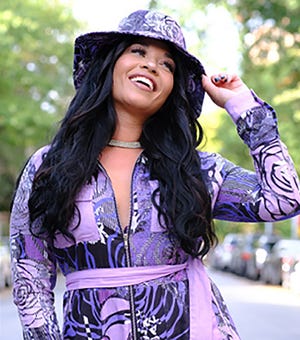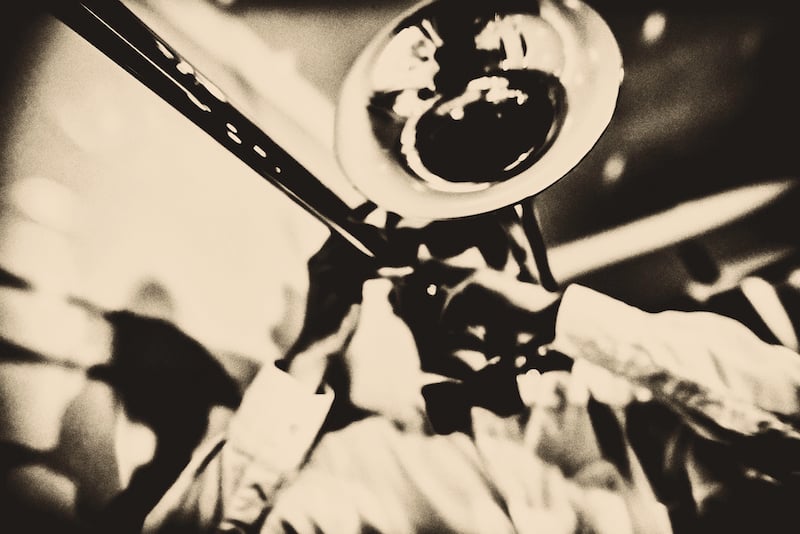The song written in 1927 by Harry Woods says, “Oh, we don’t have a barrel of money / Maybe we’re ragged and funny / But we’ll travel / Sing a song / Side by side.” “Side by sideis also the title of a new musical series presented in Atlanta by Neranenahformerly known as the Atlanta Jewish Music Festival.
Pianist Joe Altermann is the executive director of Neranenah, and he joined “City Lights” host Lois Reitzes via Zoom with the father-son music duo of Well and Leo Sidran. The duo will perform at Atlanta History Center on August 25, and they shared a chat with Alterman about the new music series ahead of their show.
Interview Highlights:
In line with the great Jewish artistic communities:
“It’s all ‘side by side’, in that we have the Bremen [Museum] and Neranenah, but I think there’s more to it, in the sense that we both like to go a bit behind the music, for example – like with Neranenah, all of our shows have a story component” , Alterman said.
“We both want to bring a ’92nd Street Y’ to Atlanta, in a way,” he continued. “It’s actually a YMHA, in Hebrew, in New York. It’s a community center that, you know, has a gym and things like that, but I used to go there when I lived in New York. I was going to listen to Aretha Franklin, have a conversation with someone, or I was going to listen to Gene Wilder, and it was just amazing. They just brought so much art to New York, and in a city saturated with art, I love that there’s this Jewish center – a “Jewish” center – which is known as one of the great centers cultures of New York. York, and I think Neranenah and the Bremen really strive to bring great things like that to Atlanta.
What we mean when we talk about Jewish music:
“It is impossible to define it. A slightly longer answer would be, it is music that somehow evokes or emphasizes a Jewish narrative. The music that is used, the liturgical music and the secular music made by Jewish composers all have some type of narrative, and I think that narrative not only defines what Jewish music is, but it also defines what is or who a Jew is,” Ben said. “Because ‘there are no Jewish notes on the piano,’ I like to say.”
Leo Sidran on growing up surrounded by music:
“If it wasn’t for Ben, I wouldn’t be on stage because of course playing music in our house when I was growing up was the most natural thing to do,” Leo said. “I often thought about the fact that it was never a question, a choice or a decision that was made – it was just a reality. It was something that happened. Not that it was imposed somehow, but there was only music, and the way we communicated, connected, hung out was through music I mean, probably the most commonly used word in my household… was ‘jam’. ‘Do you want to jam?’ … Maybe Ben knew, maybe my father understood before I did, that there was something really special taking place and forming.
He continued, “When I was still in college, he started taking me on the road with him and just told me to play with him, which, again, I said: ‘Well, you’re not serious. When are we going to get serious? And here we are, 25, 30 years into this kind of long, drawn-out jam session, which in its own way is Talmudic because it’s constantly filled with commentary. It’s like a musical commentary that goes back over 30 years.
Neranenah and the Museum of Bremen will present their new series of live performances and conversations “Side By Side” at venues across Atlanta, August 21-28. The full program and further information is available at https://neranenaharts.org/sidebyside.




